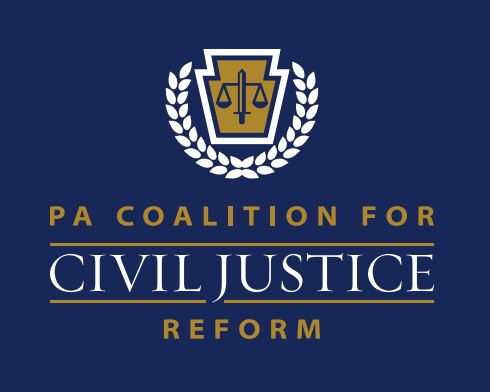
Venue Rule Change Will Likely Increase Cost of Healthcare and Threaten Patient Access in Pennsylvania
By: Curt Schroder, Executive Director, PA Coalition for Civil Justice Reform
Pennsylvania is at risk of history repeating with another medical malpractice healthcare crisis thanks to a change in the state’s venue rule. In August, the state Supreme Court rescinded the venue rule for medical malpractice cases – which had previously stated that medical malpractice cases had to be tried in the county in which the alleged incident took place – thus allowing forum shopping to once again take place in the Commonwealth.
The original venue rule was put in place nearly 20 years to help address a health care crisis that was gripping the state. At the time, rampant venue shopping had led to skyrocketing liability premiums, which in turn was driving physicians and specialists out of Pennsylvania and causing hospitals and medical professionals to curtail services and close maternity wards. The issue rose to such a critical level that the state Supreme Court, Governor and General Assembly came together to stop venue shopping. In 2003, the Supreme Court adopted a rule requiring all medical liability cases be filed in the county where the alleged cause of action, or injury, occurs.
In the years since the rule was implemented, the rule has done exactly what it was designed to do. The Commonwealth’s medical liability environment was right sized as the number of medical liability cases filed in Philadelphia plummeted and medical liability premiums stabilized. Despite the success of the rule, over the past several years, plaintiffs’ attorneys have launched a full-scale campaign to have it reversed in order to go back to the days of venue shopping in search of the bigger jackpot verdicts. While this rule change is a huge win for the trial bar, it will have dire impacts for residents throughout the state.

The Commonwealth already suffers from the second highest medical malpractice payouts in the nation and is in the midst of a clinician shortage. Additionally, a recent report from the U.S. Chamber of Commerce’s Institute of Legal Reform has identified Pennsylvania as a top state for nuclear judicial verdicts. The report found that more than half of the nuclear verdicts, which are defined as a jury verdict of $10 million or more in personal injury and medical malpractice lawsuits, took place in Philadelphia. Now that the Supreme Court has paved the way for plaintiffs’ attorneys to steer cases to high verdict courts, the number of nuclear verdicts is expected to go up. And that won’t be the only negative impact. A recently released independent actuarial report commissioned by Senate Judiciary Chair Lisa Baker, found a rule reversal would lead to a substantial increase in premiums. Lancaster County, for example, could expect upwards of a 73 percent premium increase for hospitals and an 82 percent liability premium increase for physicians. Other counties mentioned in the report that would see substantial premium increases included Bedford, Chester, Clinton, Lycoming, Montgomery, Potter, Susquehanna, Tioga, and Venango.
The Supreme Court’s unilateral decision to undo two decades worth of legal stability in medical malpractice cases will have long-term ramifications if left unchecked. Clearly, action is needed to prevent another health care crisis. The Pennsylvania Coalition for Civil Justice Reform is encouraging lawmakers to address the venue issue once and for all to bring fairness and balance back to the state’s legal environment. We urge you to join us in this effort by reaching out to your state representative and senator to convey the negative impact the venue rule change will have on the Commonwealth’s health care landscape and ask for their support on this issue. It is critical that the General Assembly acts quickly in the upcoming legislative session. Maintaining access to affordable, quality health care is too important to risk by allowing venue shopping to run rampant.
For more information on the PA Coalition for Civil Justice Reform, visit their website at: https://paforciviljusticereform.org/.

